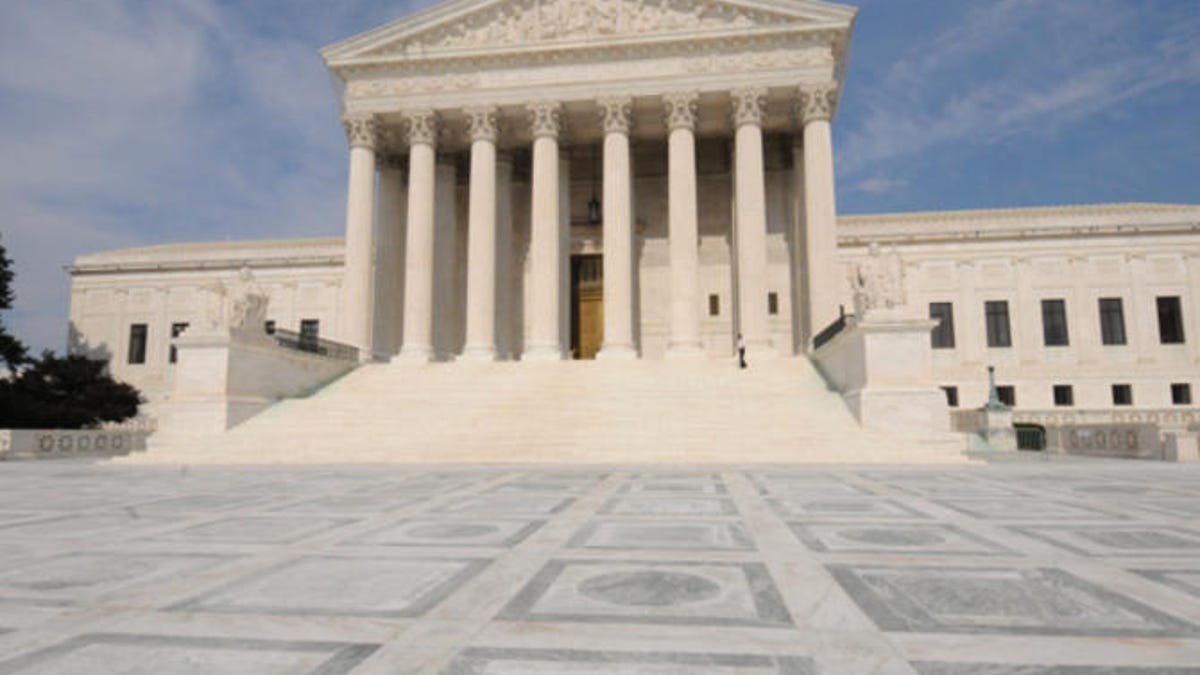Supreme Court ends venue-shopping for 'patent trolls'
Now patent suits can only be filed where a defendant company is headquartered, which means patent plaintiffs can't just seek out the friendliest courts.

The US Supreme Court on Monday dealt a blow to patent trolls.
The US Supreme Court handed down a ruling Monday that's going to make life much harder for so-called "patent trolls" and will have significant implications for patent-rich Silicon Valley companies.
In a unanimous decision in the case TC Heartland v. Kraft Food Group Brands, the high court overturned a longstanding precedent that gave plaintiffs in patent cases latitude over where they filed their cases. Now patent suits can only be filed in courts located in the jurisdiction where the defendant company is incorporated.
Patent assertion entities, more commonly known as patent trolls, get nearly all their revenue from buying patent licenses and then suing other companies for infringement and damages. More times than not, they file their suits in the Eastern District of Texas. In fact, more than 35 percent of all patent lawsuits in the US are filed in the Texas district, known for large awards to patent plaintiffs.
Trolls will no longer be able to shop around for a sympathetic venue, which is good news for common patent suit targets like Apple and Alphabet's Google.
Morgan Reed, president of ACT/The App Association, called Monday's decision a victory for its members, the software developers who drive the app ecosystem. "Under previous Federal Circuit findings, app developers faced uncertainty and the burdensome costs of being hauled across thousands of miles to face patent litigation in courts that disadvantage innovative small businesses."
But the ruling is also likely to make for busy times in Northern California's federal courts, as well a federal courts in Delaware, where many companies chose to incorporate.
Tech Enabled: CNET chronicles tech's role in providing new kinds of accessibility.
Logging Out: Welcome to the crossroads of online life and the afterlife.

